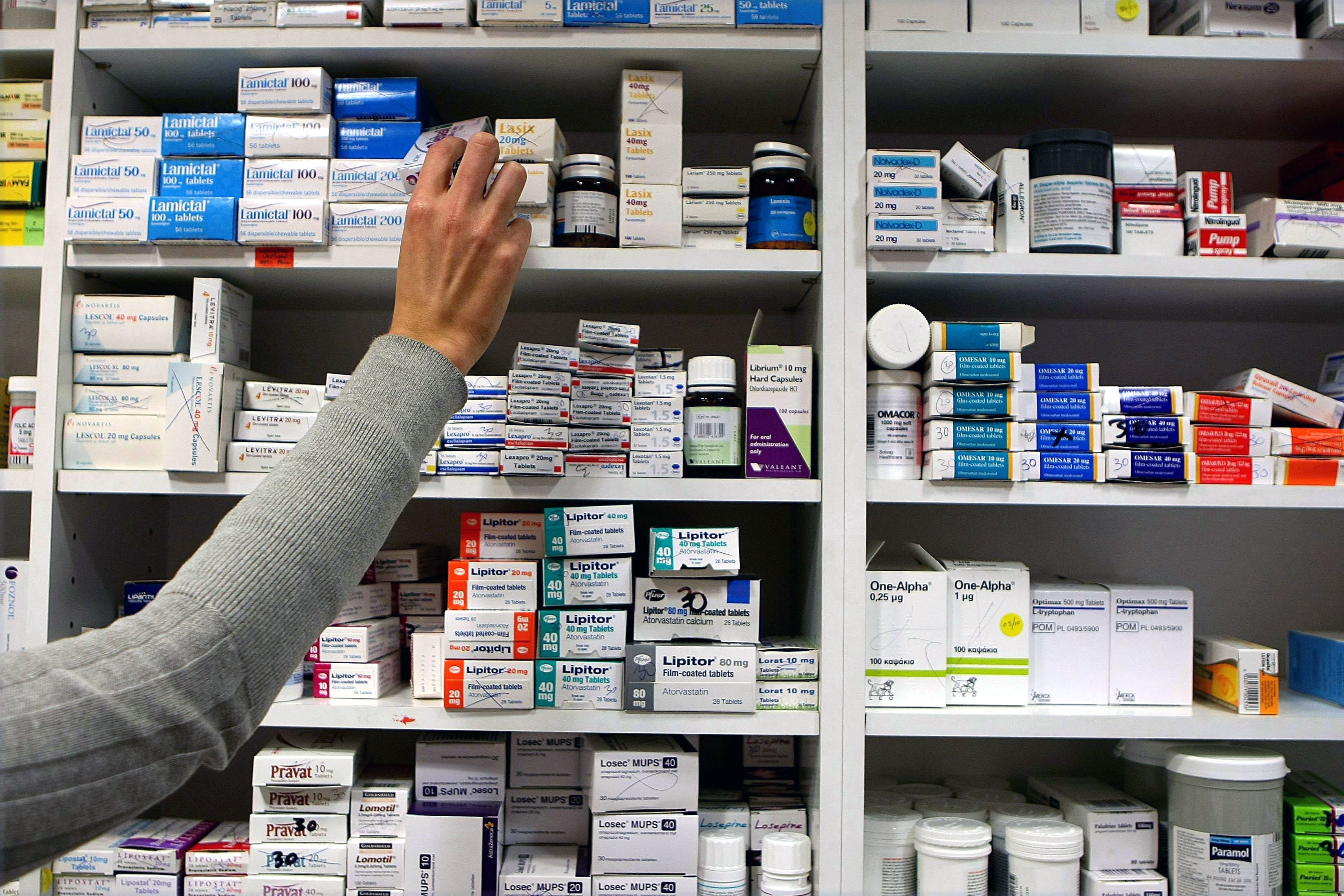England’s rural areas at risk of becoming ‘pharmacy deserts’
Pharmacy leaders warned the sector is ‘on the brink because of a decade of real term cuts’.

Your support helps us to tell the story
From reproductive rights to climate change to Big Tech, The Independent is on the ground when the story is developing. Whether it's investigating the financials of Elon Musk's pro-Trump PAC or producing our latest documentary, 'The A Word', which shines a light on the American women fighting for reproductive rights, we know how important it is to parse out the facts from the messaging.
At such a critical moment in US history, we need reporters on the ground. Your donation allows us to keep sending journalists to speak to both sides of the story.
The Independent is trusted by Americans across the entire political spectrum. And unlike many other quality news outlets, we choose not to lock Americans out of our reporting and analysis with paywalls. We believe quality journalism should be available to everyone, paid for by those who can afford it.
Your support makes all the difference.Rural areas in England are at risk of becoming “pharmacy deserts”, leaders from the sector have warned.
The National Pharmacy Association (NPA) said closures in rural towns and villages will mean people having to travel further for medication as it urged the Government to reverse budget cuts.
Analysis showed 17 of the 20 council areas with the lowest number of pharmacies per 100,000 people were in rural locations.
These shocking statistics show how a growing number of areas are at risk of becoming pharmacy deserts, with people in rural towns and villages having to travel longer and longer distances to get hold of the medication they need
According to the NPA, West Berkshire has the lowest provision in the country over 100,000 people, with four times fewer pharmacies than Westminster, which has the highest.
More deprived council areas also had the highest level of closures in the last two years, the organisation found.
NPA chief executive Paul Rees said: “These shocking statistics show how a growing number of areas are at risk of becoming pharmacy deserts, with people in rural towns and villages having to travel longer and longer distances to get hold of the medication they need.
“Many pharmacies are on the brink because of a decade of real term cuts, creating a material threat to the security of medicine supply in some areas if closures continue.
“It is also deeply concerning to see higher levels of pharmacy closures in deprived council areas, which has undermined government efforts to tackle health inequalities after the pandemic.”
The NPA analysis also found one or more pharmacies have closed in 87% of council areas in England in the last two years.
The organisation has urged the Government to reverse what it describes as a 40% real-terms cut to the pharmacy budget in the last decade.
Mr Rees added: “The Government needs to act now to stabilise the pharmacy network and lay out a routemap for a properly funded future or they will put the supply of medicine to some areas at risk.
“Ministers must provide pharmacies with a new deal to fix the current broken contract now. This will halt the closures and allow pharmacies to deliver first class accessible healthcare on people’s doorsteps.”
Losing our pharmacies could leave gaps in high streets that may never been filled
Responding to the NPA analysis, David Fothergill, chairman of the Local Government Association’s community wellbeing board, said: “Councils want every local area to have a strong community pharmacy network, particularly those in deprived areas with the greatest health needs, or rural communities with the furthest distance to travel.
“People rely on their local pharmacy, not just as a place to get medicines but as somewhere they can go to for informal health advice and information. If this lifeline was removed, it would mean more people having to potentially travel longer distances to GP surgeries and adding to existing pressures.
“Pharmacies have an important place in our local economy. They are vital to ensuring diverse and vibrant high streets, which can otherwise be dominated by betting shops and takeaways. Losing our pharmacies could leave gaps in high streets that may never been filled.”